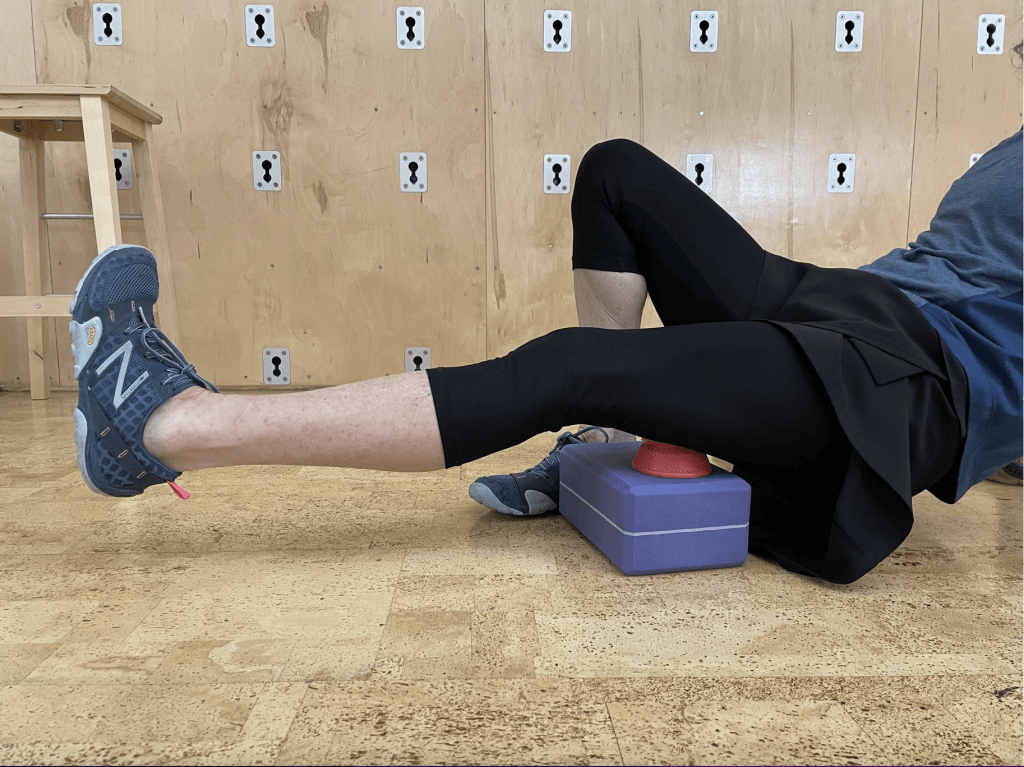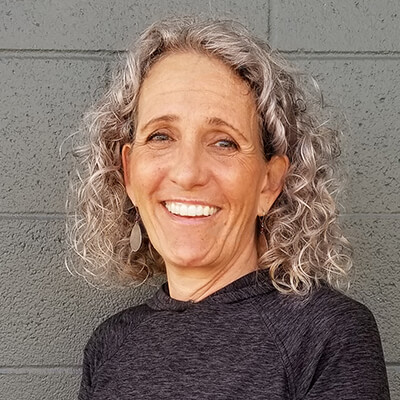
“Pain is inevitable, suffering is optional.” —Buddhist Proverb
WHAT IS PAIN?
What is pain? Pain is personal and defined as an unpleasant sensory or emotional experience that something is hurt. However, pain is essential for our survival and an important signal because it lets us know when our bodies need extra care.
According to the National Institutes of Health (NIH) chronic pain (pain that carries on for longer than 12 weeks despite medication or treatment) affects more Americans than diabetes, heart disease, and cancer combined. Pain may begin with an acute injury, but other factors such as overuse/ disuse, inflammation, or anxiety may perpetuate the long-term pain.
MAKING SENSE OF PAIN
The components of chronic pain can also be the result of the cycle of adaptation, compensation, and decompensation. The human body’s goal is to move from a place of ease, comfort, and pleasure. In order to survive as a species, humans are designed to readily adapt to changing physical, psychological, and environmental stressors in order to avoid discomfort. Through the cycle of life, adaptation can eventually give way to a compensatory movement patterns as our bodies can become overwhelmed by physical stressors of daily life such as repetition motion (ie., looking a devices) or lack of movement (ie., sitting).
Compensatory movement pattens are the body’s strategy for counterbalancing the lack of movement in one area by substituting in a new movement pattern. For example, head forward posture and rounded shoulders as a consequence of sitting at the computer can lead to the muscles in the front of the neck having to help lift the rib cage off the diaphragm in order to take a breath. Long term use of compensatory muscle substitution may result in a higher risk of future injury or decompensation where the body runs out of strategies to avoid dis-ease, ie., chronic pain.
RELIEF IS RIGHT AROUND THE CORNER
Here at Castle Hill Fitness we cater to more than just getting your sweat on! We can also help you relax, heal, and live a healthier life! Our resident pain specialist at the Castle is Rachael Bercey; a personal trainer and neuromuscular therapist with over 30 years of experience. As an educator she helps clients prevent or reduce pain through movement and massage. By taking a thorough health in-take and active listening Rachael sleuths out the daily habits of use and identities the poor body mechanics that may be contributing to muscular or joint pain.
At some point in our lives most of us know what it feels like to do life, let alone exercise, with chronic pain. Remember pain is necessary for survival, suffering with chronic pain is optional. Contact Rachael if you looking for a trainer and massage therapist who can provide you options to caring for you pain.
START YOUR PAIN RELIEF JOURNEY
If you’re feeling inspired to take the next step in pain relief we have just the event for you! Join Rachael Bercey in “Instrument of Pain Relief Workshop” and learn the tools you need to say goodbye to pain in your back, head/neck, hands, knees, or feet. In just 90 minutes you will be using stretching and self-massage with props like the Acumobility Massage ball – it’s like a mini spa day for your body!
Rachael, our expert instructor, will also help you uncover those pesky habits that contribute to your pain and guide you on how to break free from them. No matter your level of experience, this workshop is your ticket to a pain-free future. So, why wait any longer? Start your journey to a pain-free life today! Your best, most comfortable self is just around the corner.
| RACHAEL BERCEYRachael is a personal trainer and massage therapist who specializes in preventing and reducing pain. With over 20 years of experience in the massage field, Rachael specializes in neuromuscular therapy, deep tissue, sports massage, myofascial release, cupping, and trigger point therapy. She has worked in gyms, private clinics, and at the University of Texas with college and Olympic athletes. As a personal trainer, Rachael specializes in those over 40 who are interested in reducing pain, pre/post rehab-type workouts, and joint-friendly training. As an educator, personal trainer, and massage therapist, Rachael teaches clients how to identify poor body mechanics that may contribute to muscle and joint pain. |
